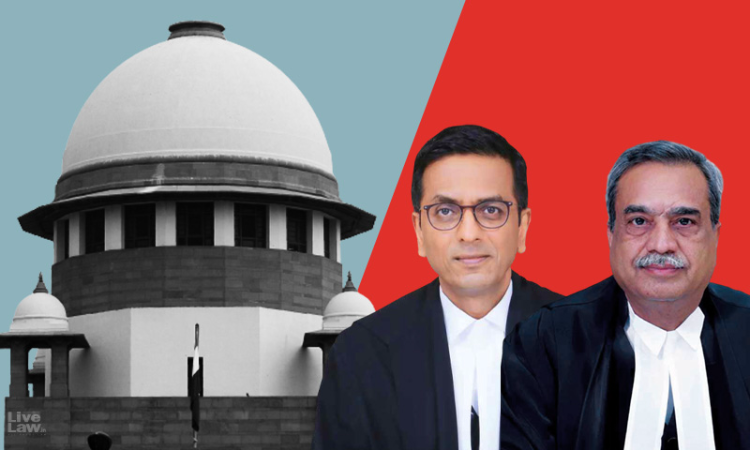The Supreme Court has reiterated that there is no requirement of examining the complainant on oath under Section 200 of the Code of Criminal Procedure(CrPC) before a Judicial Magistrate orders police investigation under Section 156(3) CrPC.Holding so, the Supreme Court set aside an order passed by the Bombay High Court which had granted anticipatory bail on the ground that order of magistrate...

